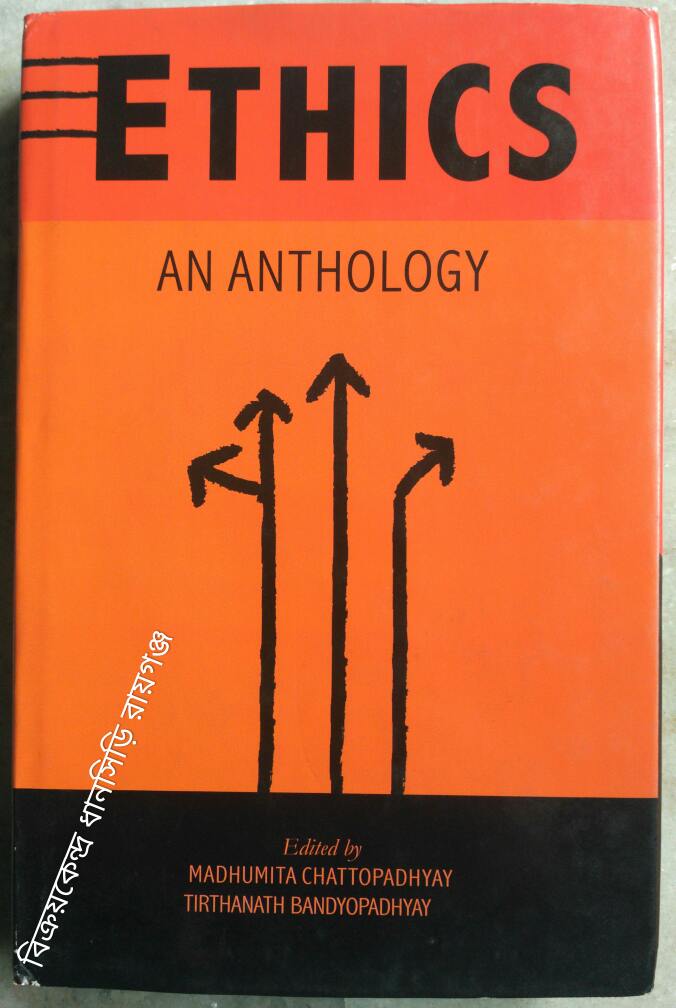Description
Ethics:An Anthology is a collection of sixteen essays on some of the basic issues of moral philosophy.The collection addresses moral issues from Indian and Western perspectives.This book will be helpful for students,researchers and those with a more general interest in moral philosophy.Ethics, one of the important branches of philosophy, is a science which deals with morality as its subject. For classical thinking, nothing in human experience is without moral meaning. Each individual in his of her entirety constitutes the moral situation. Accordingly, morality becomes co-terminous with human life and unrestrictedly pervasive within it. Individuals cannot have any non-moral aspect of life and no human instirution, practice or discipline can be outside the purview of morality’s ultimate concern. Thus ethics is conceived of as an extremely broad-ranging concern, encompassing the multiple aspects of practical, prudential,and what most moderns call moral choices under the general query of how one ought to live. As Plato puts it in the mouth of Socrates, ‘The argument concerns no casual topic, but how one must live.’ (Republic, 352d). In such classical ethics persons, rather than acts. are at the centre of moral concern, and so it becomes much harder ro compartmentalize moral assessment.This concept of morality has changed in the modern era. Now,in making moral judgments we are more interested in acts – more specifically voluntary acts-than the person as a whole. Broadly speaking, all activities of a person over which at least some individual control is exercisable have now become at least indirecdy relevant to the moral project of choosing a way of life. Different theories have cropped up considering the different points of view from which an action can be judged.
The characteristic of Buddhist morality is closely related to its ideal of universal salvation. This universal ideal is expressed in their oft-quoted saying that every being is a Buddha in his essential quality, but due to lack of appropriate knowledge they cannot attain the ultimate goal. For this purpose the position of Buddha is required. In Buddhism, Buddha is revered not only as the founder of the religion, but also as the revealer of the final truths and the guide of all beings who aim at the attainment of the same truth. He is the saviour, the ferryman who conducts men to the other shore of perfection. Buddha stands before the world as a pioneer, a pathfinder, who has rediscovered the way that leads from sorrow to sorrow-less-ness. In the dim past other pathfinders have appeared and pointed the same way to their contemporaries. Buddha by his own unaided effort had discovered it again and followed it to the terminus and had come to the goal of existence where all sufferings end. His mission, then, was to show the ‘way’ to others. His purpose was altogether a practical one. He showed to all beings engulfed in suffering a way of escape from that existence which is suffering.




Be the first to review “ETHICS- An Anthology Edited by Madhumita Chattopadhyay Tirthanath Bandyopadhyay”
You must be logged in to post a comment.